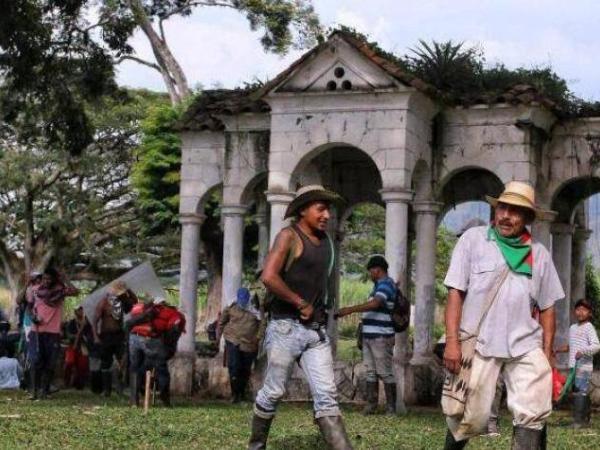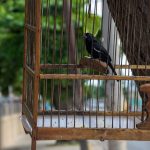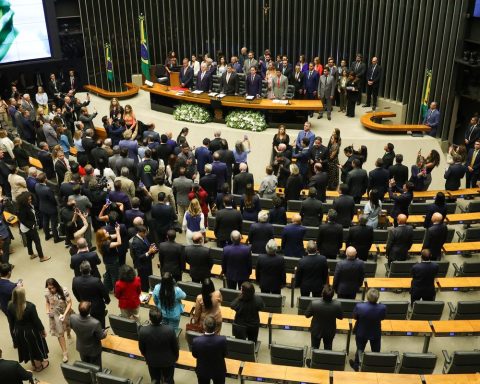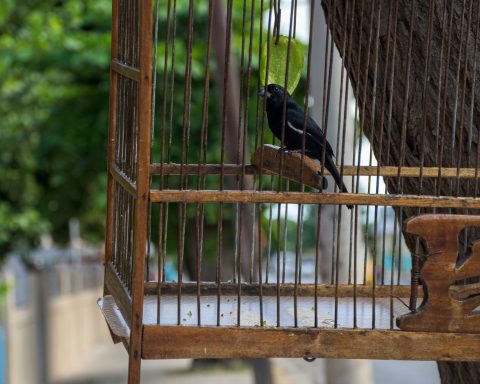“This is the most important declaration in almost four months of the National government with President Gustavo Petro and Vice President Francia Márquez reflects an enormous effort,” said the Minister of the Interior, Alfonso Prada, referring to what would have been reached an agreement with communities in northern Cauca to stop invasions of territoriesbetween haciendas and farms with reed beds by indigenous people, Afro-descendants and peasants
(Read: Government denies Quintero’s claims about possible blackout in 2023).
The announcement was made in the midst of the binding regional dialogues that took place last Saturday in Santander de Quilichao, Cauca. And it is that this department has become a caldera of 349,714 hectares, that is in effervescence, turning it into a time bomb.
And it is a cauldron for confrontations that have involved not only the indigenous people for two decades. Also to Afro communities, mestizo peasants, mill workers and the Police.
They are fights without ceasing up to now and they have left its passage more than twenty dead and more than 700 injured. The number of haciendas taken until last September by indigenous people alone was 30. A month before, the figure was 21.
These shots have been taking place in the Caloto, Corinto, Padilla, Santander de Quilichao, Villa Rica, Puerto Tejada, Padilla, Guachené and Miranda municipalities.
(Keep reading: Aerocivil responds to allegations of corruption).
“This moment for change promoted from here finds in the gathering of women, men and youth, indigenous people, peasants and black communities, a power to build jointly with the business sector and the National Government a territorial reality with a perspective of peace“said Minister Prada.
“It is the most important document that includes an enormous effort from you to work together, to work together for the peace of the territory for the development of the territory and this makes all of us Colombians without any discrimination we are a single team of Colombians to achieve total peace and progress with social justice (…)”, assured the senior State official.
However, indigenous people from the Pílamos and Vistahermosa farms, in the Caloto municipality, stated that everything remains the same. The indigenous people support themselves by planting food crops, where before there was sugar cane and they are not aware of the agreement announced by the Government.
In the Public Force they indicate that they seek to prevent further occupations of private properties and that there have been clashes.
(See: First Hidroituango turbine was successfully synchronized, what’s next?).
According to the commander of the Cauca Police, indigenous people and peasants have been taking each other for the force private properties of sugarcane growers and sugar mills.
In the sugar cane unions there is an expectation that the agreement announced by the National Government will be consolidated.
BRIEFCASE
With information from EL TIEMPO*














